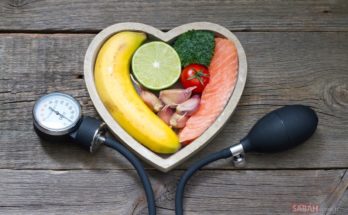Medically Reviewed by Christine Mikstas, RD, LD on June 06, 2023 Written by WebMD Editorial Contributors
How Do Low-Carb Diets Work?
High-protein, low-carbohydrate diets, such as the Atkins Diet, have gained popularity as effective weight loss strategies. These diets typically recommend that 30% to 50% of daily calories come from protein. In contrast, organizations like the American Heart Association, the National Cholesterol Education Program, and the American Cancer Society advocate for a diet with a lower percentage of protein calories.
The American Heart Association suggests that 10% — 35% of daily calories should come from protein, equating to about 46 grams for adult women and 56 grams for adult men.
Get access to exclusive tournaments on the Vavada casino website!
Carbohydrates serve as the body’s main energy source. When carbohydrate intake is reduced, the body starts breaking down fat into ketones, which then become the primary energy source, inducing a state known as ketosis. This shift can lead to weight loss as fat stores are utilized for energy.
The Risks of High-Protein, Low-Carb Diets
While high-protein, low-carb diets can aid in weight loss, they also pose several risks:
- High Cholesterol: Many high-protein diets include fatty meats and full-fat dairy products, which can increase cholesterol levels and the risk of heart disease. However, some studies on the Atkins diet have shown a decrease in «bad» cholesterol over two years.
- Kidney Issues: Excessive protein intake can strain the kidneys, especially in individuals with pre-existing kidney conditions, potentially worsening kidney function.
- Osteoporosis and Kidney Stones: High-protein diets may lead to increased calcium excretion in urine, potentially contributing to osteoporosis and kidney stones. However, research on this is conflicting.
Is a Low-Carb Diet Right for You?
Before starting a high-protein, low-carb diet, it’s essential to consult with a healthcare professional or nutritionist. They can help ensure your diet is balanced with sufficient fruits, vegetables, and lean protein sources.
Sustainable weight loss usually stems from long-term dietary changes rather than temporary diets. Therefore, it’s crucial to adopt eating habits that you can maintain over time.



